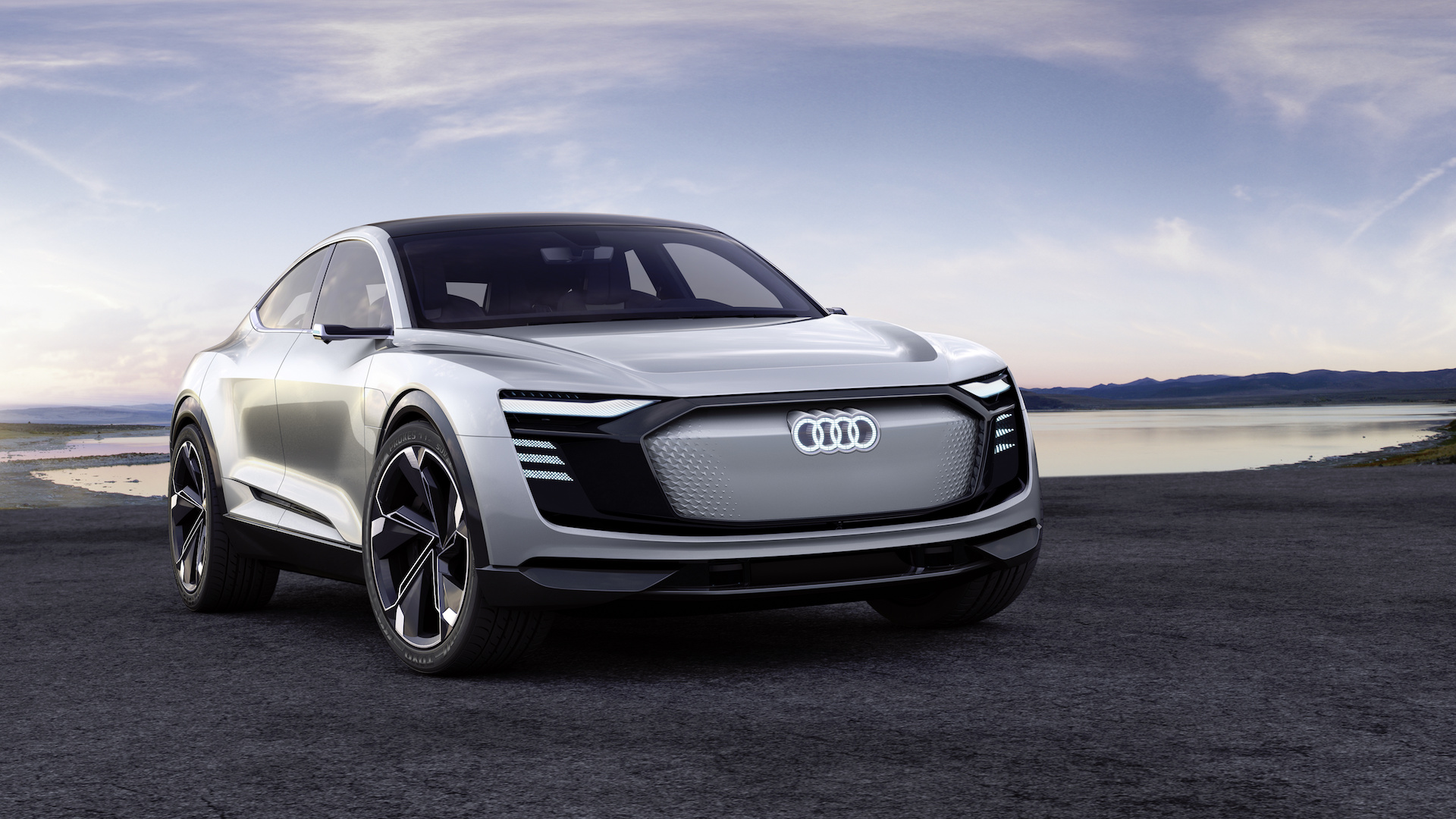

After years of taking a wait-and-see approach, mainstream automakers are finally getting serious about electric cars. General Motors has launched the Chevrolet Bolt EV, Volkswagen plans to sell 1 million electric cars per year by 2025, and Ford is planning a 300-mile electric SUV. The industry-wide electric-car push is motivated by sensible considerations, like tightening global emissions standards. But automakers shouldn’t expect to make money off electric cars—at least initially, according to mega supplier Continental.
“High battery costs, limits to driving ranges, and charging times mean that electric cars won’t have an economic advantage over combustion engines until 2025,” Continental CFO Wolfgang Schaefer said in a phone interview with Bloomberg. It hints at the financial price automakers are willing to pay in order to make electric cars mainstream.
Electric cars still represent a fraction of new car sales in most markets, owing in part to consumer concerns over range anxiety and lack of charging infrastructure. However, automakers could soon make electric cars more attractive by offering a wider range of models, including more cars with ranges of over 200 miles. Battery costs are also dropping fast: According to a recent McKinsey & Company study, the cost of a battery pack fell 77 percent between 2010 and 2016.
But automakers will still probably have to spend a lot money to make money on electric cars. It may still be a few years before battery costs drop enough for electric powertrains to achieve parity with gasoline or diesel. Automakers will also have to invest in new facilities to develop and build components like battery packs and motors, or farm that work out to contractors, like GM did with LG for the Bolt EV. That’s proven to be a somewhat controversial idea, though, so many automakers may keep the bulk of this work in-house.
Despite decrying the costs, Continental’s Schaefer said the coming electric car boom will be good for his company. Continental expects to rake in more money from sales of electrical components for future electric cars, he said. Schaefer may be skeptical about automakers’ ability to quickly profit off electric cars, but his company is counting on its ability to make that leap eventually.
Continental’s preparedness illustrates an important truth: The electric car boom is coming, costs be damned. At this point, automakers are already locked into launching a slew of new electric models. Changing course now would mean throwing away a lot of money, and upsetting product plans already in place for the coming years.